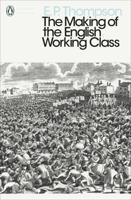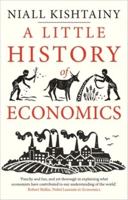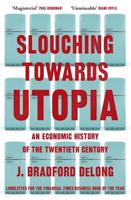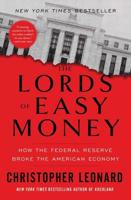Publisher's Synopsis
Austria played a prominent role in the worldwide events of 1931 as the largest bank in Central and Eastern Europe, the Viennese Credit-Anstalt, collapsed and led Europe into a financial panic that spread to other parts of the world. The events in Austria were pivotal to the economic developments of the 1930s, yet the literature about them has been sparse. In this book, Schubert analyses the crisis using theories of financial crises, identifies the causes of the crisis, examines the market's efficiency in predicting events, analyses how the crisis was transmitted to the real sector, and studies the behaviour of the Austrian as well as international authorities as lenders of last resort. His main conclusion is that even decades after the crisis, many of its lessons are still valid. Managerial and regulatory deficiencies led to the collapse of the bank; the subsequent currency crisis was not an irrational and unexplainable panic by a confused public, but rather a rational response to inconsistencies in policy; and the reactions of the largely unprepared authorities - in Austria as well as abroad - did not help to resolve the crisis quickly.












